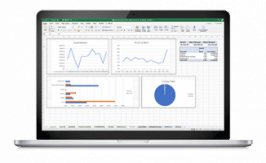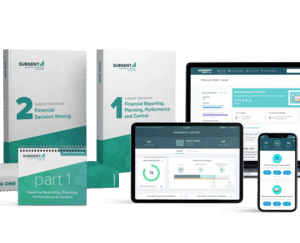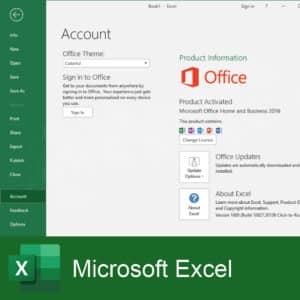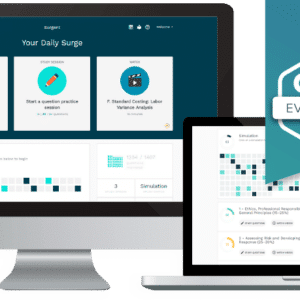Description
- Module 1: Data Extraction and Data Sources
- Module 2: Data Preparation using Get and Transform
- Module 3: Formulas, Named Ranges, and Formula Accounting
- Module 4: Excel® Tables
- Module 5: PivotTables
- Module 6: Data Modeling
- Module 7: Calculated Columns and Dimensions
- Module 8: Advanced Formulas – Array Formulas and DAX Formulas
- Module 9: Artificial Intelligence – Basic Concepts in Excel®
- Module 10: Visualizations and Reporting
Who Should Take This Course?
- Auditors: Staff Auditors, Senior Auditors, Internal Auditors, Government Auditors
- Accountants: Staff Accountants, Senior Accountants, Supervisors, Managers, Management Accountants
- Analysts: Business Analysts, Financial Analysts
In this ten-part on-demand webcast series, we’ll concentrate on the Power BI tools in Microsoft® Excel® that enable accounting, auditing, and finance professionals to develop their own self-service data analysis. By completing all ten modules, you’ll earn a professional certification, demonstrating to current employers and future hiring managers that you’ve got just the right skills to bring value to their organization.




